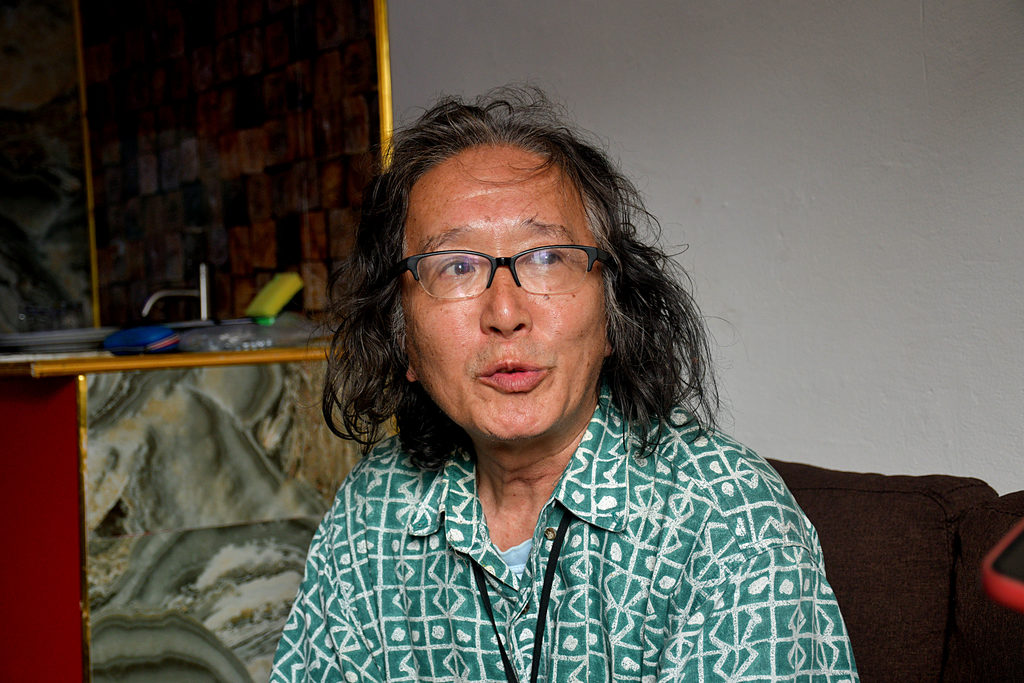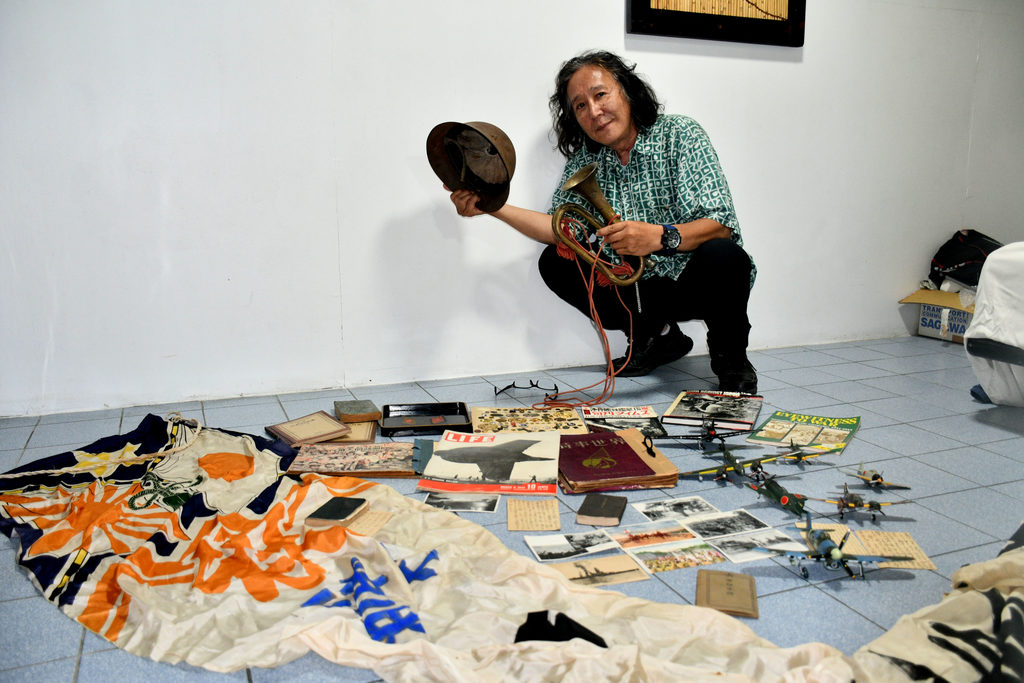HE worked in Fiji in 1993 as a volunteer and has never broken ties with the country he grew to love.
Manabu Kitaguchi, a lecturer at Tenri University & Osaka University of Arts, visited Fiji three weeks ago with a passion to educate children with the events of World War II.
Remembering those early days in which he worked as a volunteer with the Ministry of Agriculture — or MPI as he knew it — Mr Kitaguchi’s taste for local food has never vanished.
“I worked with the ministry and met a lot of friends who were very kind people,” he said.
“I guess that is why I keep coming back to Fiji for holidays because I love this place and the people, and the food.”
Mr Kitaguchi’s office was at the MPI station by the bus stand in Suva.
“And I had a lot of friends from there. I enjoyed working with them.”
He was also a photographer at the department.
“I used to take photos and videos for events that happened in the MPI and I travelled to villages where my work took me. I enjoyed that time because it showed me a lot about Fiji.”
However, his most recent visit was aimed at fulfilling his passion, so he visited Rabi Island in Cakaudrove, Vanua Levu, and other areas where tunnels and carvings of guns remain as a memorable site of World War II.
He believes that stories of this war should be made known in the Pacific.
“Japanese soldiers attacked the Pacific Island countries during World War II, but sadly we don’t have all this information available in Japan and maybe some information here in Fiji.
“And in Japan, we don’t have details of what happened when our Japanese soldiers came to Fiji and the South Pacific for the war.
“This is important because this kind of information can also be used in war museums if there is one set up in Fiji or in communities.
“As a human rights lecturer, I believe we should make this information known, and so myself and some friends have collected war artefacts, soldiers’ helmets, maps and other stuff that were used in the war.”
During his visit to Rabi, Mr Kitaguchi said he was interested in learning more about the people’s history.
“The Banaban community has a history that should be told.
“My visit there was to discuss this with the elders, about having a home which they could use to store information and photos of their ancestors.
“They were forcefully evicted from their island home, Ocean Island in Kiribati, and brought to Fiji.
“These types of information, I have asked them to share because it’s very important for our younger generation to know and appreciate what our elders did for them.”
Mr Kitaguchi has travelled to 40 countries where he has also collected war artefacts and other historic information for his records.
“I am willing to help set one up in Fiji and work with locals on this issue.”
Professor for Education, Human Rights and Cultural Studies at Tenri University and Osaka University of Arts Manabu Kitaguchi speaks to this newspaper during an interview in Suva on Saturday, August 23rd, 2025. Picture: KATA KOLI



